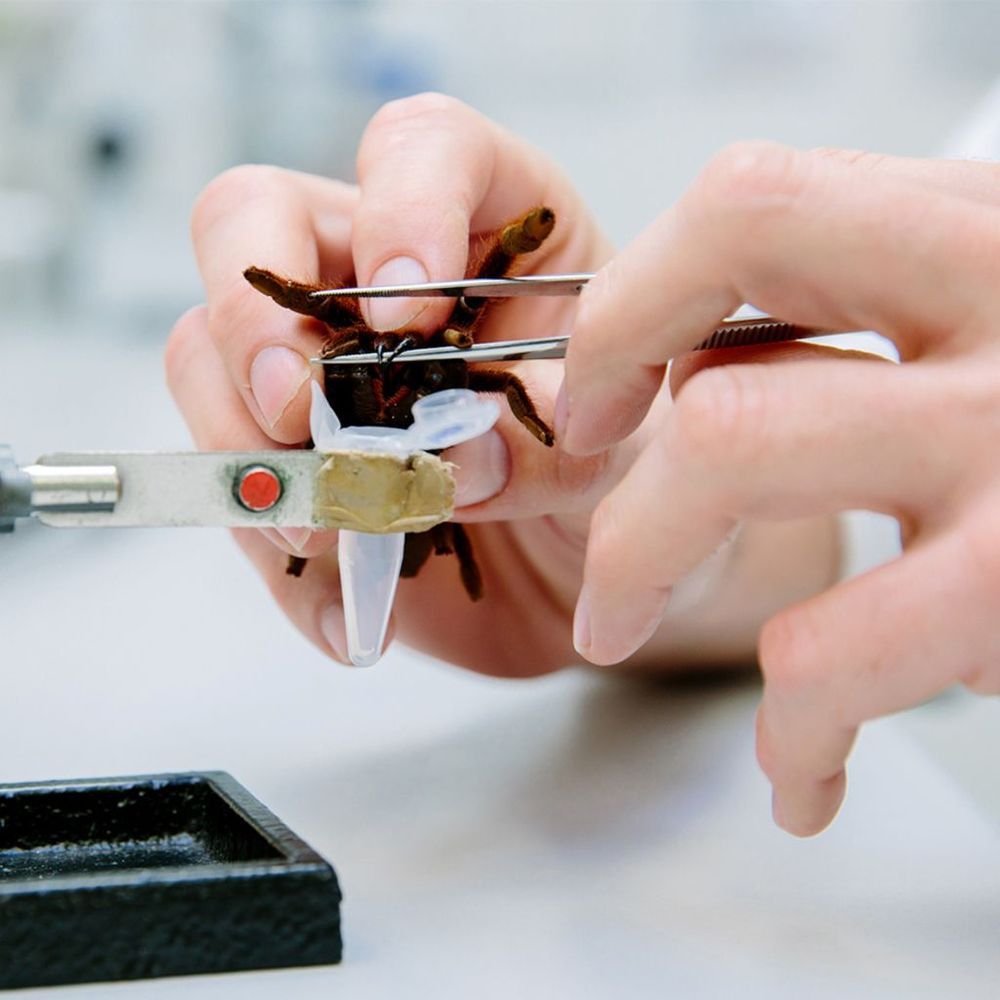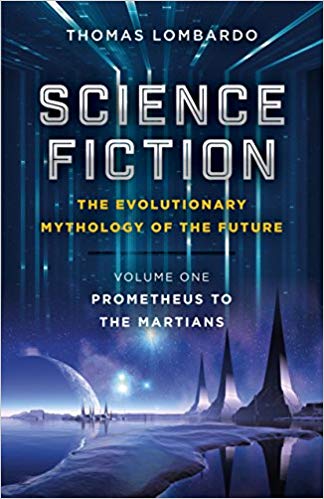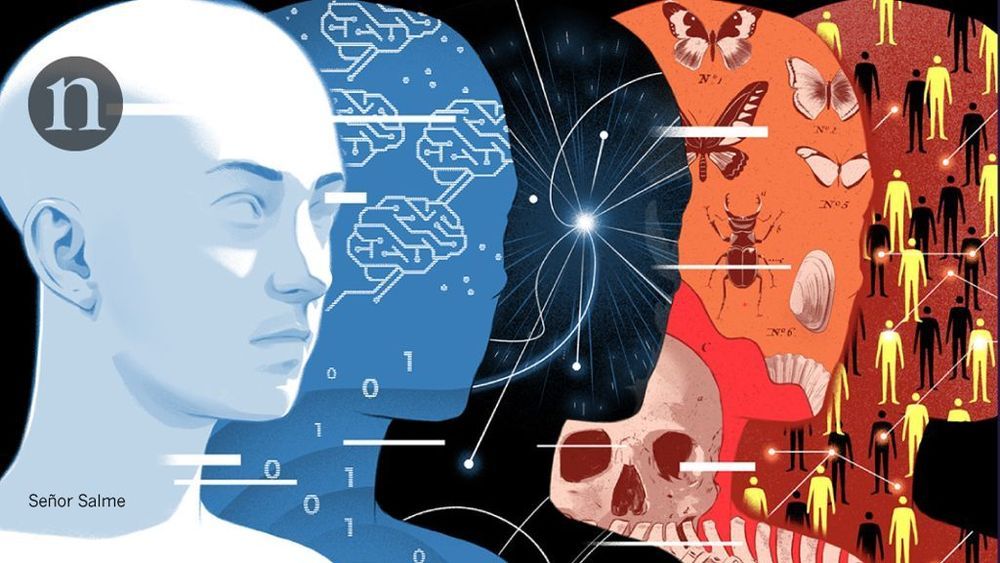Researchers at Australia’s Institute for Molecular Bioscience are exploring new frontiers in healthcare and energy storage. Bec Crew reports.


Assumptions: The Case Against Reality
When it comes to scientific theory, (or your personal life) be sure to question everything.
- The theories we build to navigate the world, both scientifically and in our personal lives, all contain assumptions. They’re a critical part of scientific theory.
- Cognitive psychologist Donald Hoffman urges us to always question those assumptions. In this way, by challenging ourselves, we come to a deeper understanding of the task at hand.
- Historically, humans have come to some of our greatest discoveries by simply questioning assumed information.

Scientists believe they may have caught a glimpse of a parallel universe bumping up against ours.
They’ve seen hints in signals from the most distant points of the universe that suggest the fabric of our universe has been disrupted by another incredibly different universe. Their analysis may be the proof for the multiverse theory.
According to researchers: “Dr Ranga-Ram Chary examined the noise and residual signals in the cosmic microwave background left over from the Big Bang (pictured) and found a number of scattered bright spots which he believes may be signals of another universe bumping into our own billions of years ago.”
At least that’s the tentative conclusion researchers have come to. According to some cosmological theories, collisions of alternative universes should be possible. Theories conclude that our universe is like a bubble among many.

Together with my fellow member of the World Futures Studies Federation, Dr. Thomas Lombardo, we have begun a YouTube video series of ongoing dialogues on topics pertaining to the future. In this first dialogue we focus on the book Science Fiction: The Evolutionary Mythology of the Future and discuss the nature and value of science fiction in the modern world. We discuss the historical evolution of science fiction and the nature of mythology and why science fiction is the modern mythology. In future dialogues we will delve more deeply into books on science fiction and more broadly on futures studies and future consciousness.

Time for my yearly proselytizing for PBS UK’s Rough Science. Awesome educational show where a bunch of scientists are dumped on an island and have to work together to make something crazy out of local scavenged materials.
The group is taken to a disused prison on the island where they have to determine the longitude and latitude of the island, create a radio from a saucepan and create an insect repellent.

In the iconic frontispiece to Thomas Henry Huxley’s Evidence as to Man’s Place in Nature (1863), primate skeletons march across the page and, presumably, into the future: “Gibbon, Orang, Chimpanzee, Gorilla, Man.” Fresh evidence from anatomy and palaeontology had made humans’ place on the scala naturae scientifically irrefutable. We were unequivocally with the animals — albeit at the head of the line.
Biological advances have repeatedly changed who we think we are, writes Nathaniel Comfort, in the third essay of a series marking Nature’s anniversary on how the past 150 years have shaped science today. Biological advances have repeatedly changed who we think we are.